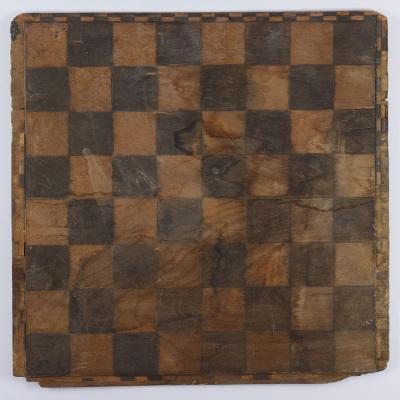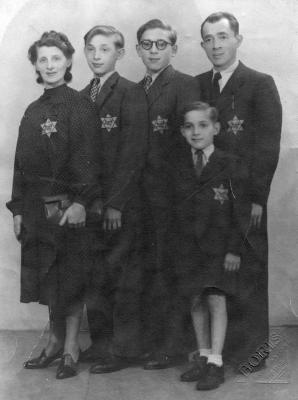In the summer of 1942, Joseph Parkiet was warned by an acquaintance that the next day a massive roundup of Jews was scheduled to take place throughout Paris, and advising him to go into hiding. He quickly hid with his wife and children in the family workshop, moving the following day to a friend's workshop located in a courtyard, where they remained for over two years until the end of the war.
Sunday to Thursday: 09:00-17:00
Fridays and Holiday eves: 09:00-14:00
Yad Vashem is closed on Saturdays and all Jewish Holidays.
Entrance to the Holocaust History Museum is not permitted for children under the age of 10. Babies in strollers or carriers will not be permitted to enter.








